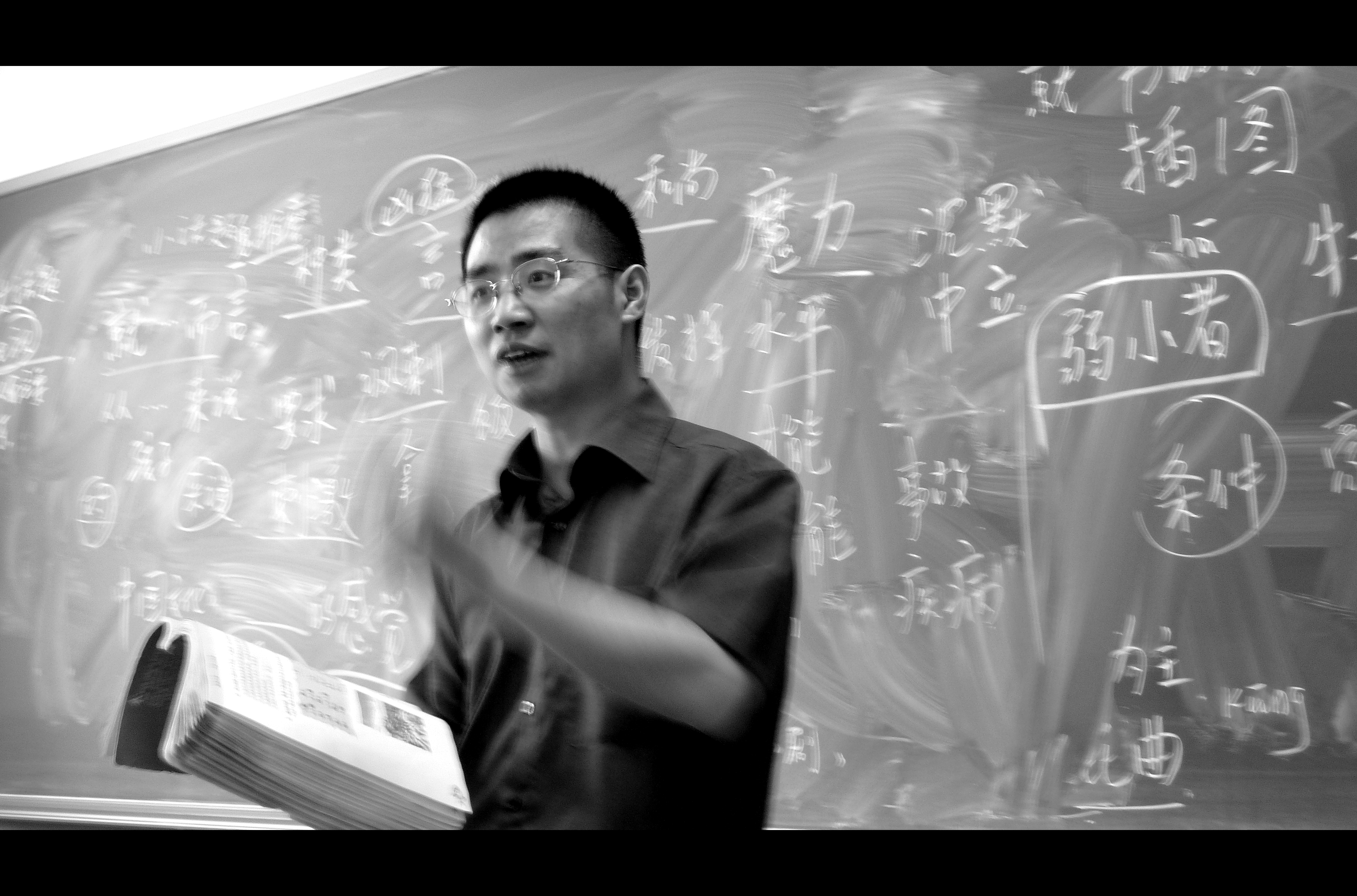While the Singaporean government is making a conscious push to write more simply, the Chinese government seems to be using a more convoluted tongue.
If you've ever had the chance to read Chinese government publications or articles in their official mouthpieces, you might find their Chinese to be a bit weird. They use this language called "Westernised Chinese".
Many speak it without realising.
You might be one of them.
Westernised Chinese results from bad translations from European languages (usually English) to Chinese. It absorbs many grammar rules of European languages, which results in weird Chinese.
Examples are practically everywhere.
A prime example is when verbs are turned into nouns, it's natural to add the character hua (化) at the end of a Chinese verb. For example, "simplification" is translated into jianhua (简化).
"Internationalisation" is translated into guojihua (国际化).
Some other nouns like "readability" and "accuracy" are translated by adding xing (性) or du (度) to the end of the verb form of Chinese verbs.
"Madness"
The late Chinese writer Yu Kwang-chung attacked this trend as "madness".
Since English has already established itself as an international language, it's inevitable that some Western terms are introduced into the Chinese language without sounding like "Chinese". But some others are just unnecessary and lazy translations.
To say that a person is famous is no longer "那个人很有名" ("that person is very famous") but "那个人知名度很高" ("that person's level of fame is high").
A transparent government is no longer "透明的政府" ("transparent government") but "透明度高的政府" ("government with high levels of transparency").
To unify markets is not "融合市场" ("integrate markets") but "市场一体化" ("market unification").
Westernised Chinese is not strictly ungrammatical, but just needlessly wordy. To Yu, the rule of thumb of writing good Chinese is to be simple and succinct.
Chinese in China
A glaring example of Westernised Chinese is Xi Jinping's speech during the annual meeting of China's congress.
He said his idea of "new party governance system" is new in that it "centralises a variety of opinions and suggestions through the arrangements of systematisation, proceduralisation and normalisation, and promotes the scientification and democratisation of decision-making" ("[新型政党制度]通过制度化、程序化、规范化的安排集中各种意见和建议、推动决策科学化民主化").
It's better to say, "the new party governance system collects feedback and suggestions through procedures and norms, and allows the Party to make decisions more efficiently and with wider civic engagement" ("新型政党制度通过程序规范收集意见和建议,让党决策更快更民主。").
"Systematisation" is redundant since the "new party governance system" by definition does not need any systematising, or whatever that means.
This is not only a Chinese problem, but it's also bad English. It's called "nominalisation".
Instead of saying "cartographers measured (verb) the sea" we over-complicate it by changing the verb to a noun and say "the measurement (noun) of the sea was done by cartographers".
Some people do it to sound formal and academic. It does make you sound like a pro when you really don't have much to say.
Living language
Languages are living and they change due to regional influences. In Singapore, Australia used to be referred to as Aozhou (澳洲), which is what Chinese speakers in Hong Kong, Macau and Taiwan refer to the country. As China's cultural influence grows, the Chinese transliteration for Australia, Aodaliya (澳大利亚), has replaced Aozhou in Chinese media in Singapore. The same goes for Indonesia's Chinese translation. It used to be Yinni (印尼) and now it's Yindunixiya (印度尼西亚).
Unlike the neighbouring Malaysia, Singapore does not have a language standardisation agency. For Chinese, there's the Promote Mandarin Council but it only promotes the use of Mandarin without standardising it. Translation of foreign names of places and people are especially problematic.
Malaysia's Chinese standardisation agency wrote to the Chinese State Council last year to inform Chinese state media that the term for "prime minister" is shouxiang rather than zongli which is used by the prime ministers of Singapore and Australia.
The prime ministers of other Commonwealth countries under the British monarchy are generally translated as zongli to avoid confusion with the UK Prime Minister - which uses shouxiang.
[related_story]
Because Chinese is used in so many regions around the world officially and unofficially, it's difficult to devise a standard on correct Chinese grammar. Unlike English, which is dominated by American and British standards of spelling and grammar, Chinese has no clear domination of a certain standard. Despite China's cultural influence, other Chinese-using regions like Singapore, Malaysia, Taiwan and Hong Kong have sustained their distinctive variation of Chinese. A Chinese speaker can generally recognise where the writer is from from his or her the style of writing.
Who knows? Maybe Westernised Chinese is an inevitable development of Chinese being used around the world. Some words and meanings found in other languages simply can't be expressed in Chinese. To traditional writers like Yu Kwang-chung, though, Westernisation is a sickness that Chinese would rather not have.
Top image by Marco Klapper
If you like what you read, follow us on Facebook, Instagram, Twitter and Telegram to get the latest updates.
